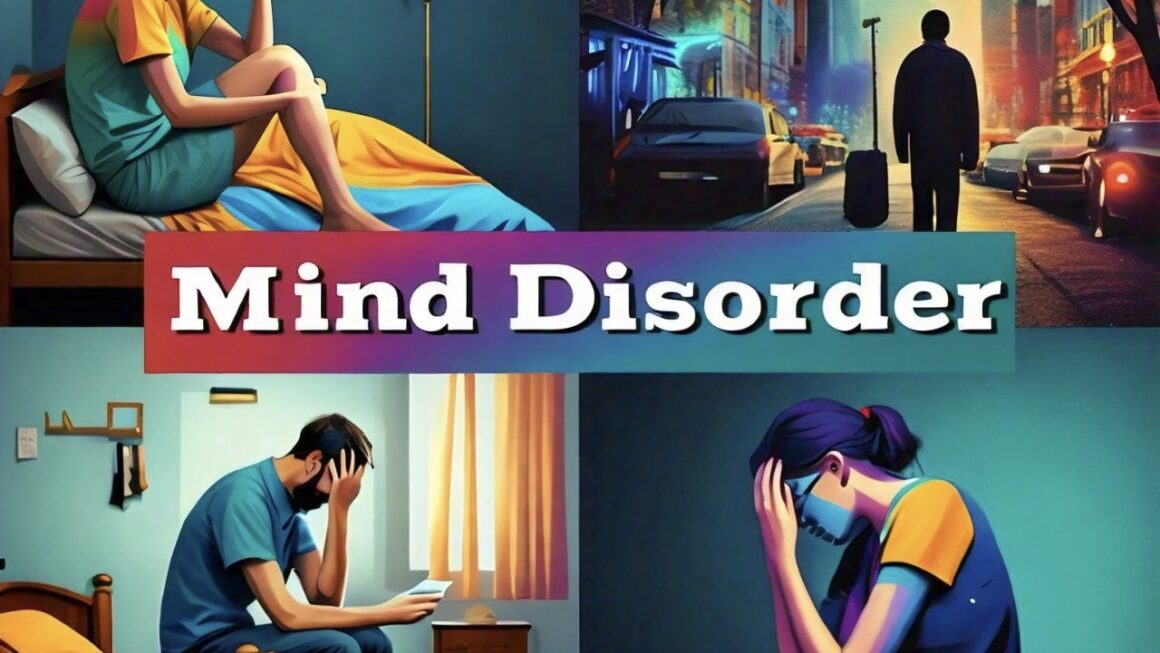Mental health disorders are complex conditions that can affect anyone, regardless of age, gender, or background. Understanding their origins involves exploring a combination of factors that contribute to their development, from biological and genetic influences to environmental and social triggers.
Biological Factors of Mental Health Disorders
Biological factors play a significant role in the development of mental health disorders. These include:
- Genetics: Family history of mental illness can increase the risk of developing similar conditions.
- Brain Chemistry: Imbalances in neurotransmitters, such as serotonin and dopamine, can impact mood and behavior.
- Brain Structure: Differences in brain structure and function have been linked to certain disorders, such as schizophrenia and bipolar disorder.
Environmental Influences of Mental Health Disorders
Environmental factors can also contribute to the onset of mental health disorders:
- Early Life Experiences: Traumatic events during childhood, such as abuse or neglect, can have long-term effects on mental health.
- Stressful Life Events: Major life changes, chronic stress, or trauma in adulthood can trigger or exacerbate symptoms of mental illness.
- Substance Abuse: Drug or alcohol abuse can worsen symptoms or trigger underlying mental health conditions.
Social and Cultural Factors of Mental Health Disorders
Social and cultural factors play a crucial role in how mental health disorders are perceived and managed:
- Stigma: Negative attitudes and stereotypes surrounding mental illness can prevent individuals from seeking help or receiving adequate support.
- Social Support: Strong social networks and supportive relationships can buffer against the impact of stress and adversity.
- Access to Care: Disparities in access to mental health services and resources can affect diagnosis and treatment outcomes.
Holistic Approach to Treatment
Understanding the origins of mental health disorders is essential for developing effective treatment and support strategies:
- Medical Interventions: Medication and therapy tailored to address specific symptoms and underlying causes.
- Therapeutic Approaches: Cognitive-behavioral therapy (CBT), as well as mindfulness-based practices and other therapeutic modalities.
- Lifestyle Changes: Promoting healthy habits such as regular exercise, balanced nutrition, and adequate sleep.
- Community Support: Peer support groups, educational programs, and advocacy efforts to reduce stigma and promote awareness.
Conclusion
While the origins of mental health disorders are multifaceted and can vary widely between individuals, gaining insight into these factors is crucial for improving prevention, diagnosis, and treatment. By addressing biological, environmental, and social influences, we can work towards a more holistic approach to mental health care that supports individuals in achieving optimal wellbeing and resilience.
Understanding the origins of mental health disorders not only enhances our empathy and support for those affected but also underscores the importance of early intervention and comprehensive treatment approaches. Together, we can foster a society that prioritizes mental health awareness and equitable access to care for all.
